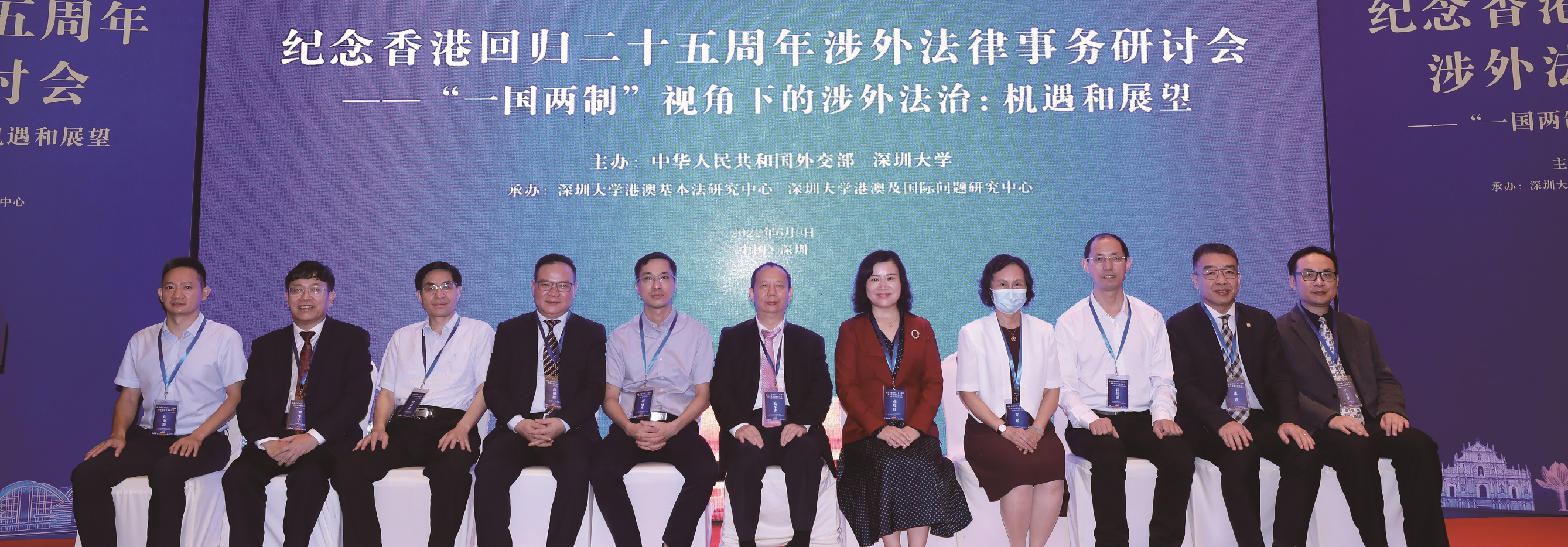Hong Kong’s uniqueness can be guaranteed by ‘one country, two systems’
Global Times | December 02, 2012 21:20
By Zhang Dinghuai
Since the implementation of the "one country, two systems"
policy, the Hong Kong people have paid special attention to the relationship
between central government and the Hong Kong Special Administrative Region
government. Some worry the central government will intervene too much in their
affairs.
In order to allay the concerns of some Hongkongers, the central government has
repeatedly emphasized the principles of "one country, two systems,"
"the people of Hong Kong govern Hong Kong," and "a high degree
of autonomy" in the past 15 years, reflecting its understanding on
Hongkongers' worries.
In the report to the 18th Party Congress, the three principles concerning
relations between the central government and Hong Kong were reemphasized. The
Hong Kong people should understand the central government's efforts and
resolution.
However, after the return of Hong Kong, some Hongkongers neglect their basic
political responsibilities to the country when enjoying the high degree of
autonomy.
Certain measures adopted by the central government to maintain the long-term
stability and prosperity of Hong Kong were viewed as intervention by a
minority, and some people even put forward extreme slogans seeking a "real"
autonomy.
These are based on misperceptions on the relations between mainland and Hong
Kong under "one country, two systems."
To clean up those misunderstandings, the report to the 18th Party Congress
emphasized the importance of adhering to the one-China principle while
respecting the differences in the two systems, upholding the power of the
central government while ensuring a high degree of autonomy in special
administrative regions, and ensuring the mainland can act as a staunch
supporter of the special administrative regions while increasing their own
competitiveness.
Hong Kong is an open and free metropolis, which can be used by external forces.
This requires cautiously guarding against and forestalling external invention
in Hong Kong affairs.
Chinese leader Deng Xiaoping once made a forecast. Deng said Hong Kong people
could criticize the Party or the central government after 1997, but any
intention to turn Hong Kong into an anti-mainland base must be stopped. Deng's
words are still a directive today.
According to Deng, the central government respects the freedom of speech of
Hongkongers, but will never allow any actions that damage Hong Kong's and the
whole country's interests.
The whole of China is moving toward the rule of law. Hong Kong, which already
has it, should bear an inescapable responsibility for national security.
Hongkongers should reflect on how to promote the legislation of national
security under the preconditions that their rights are protected and a high
degree of autonomy of Hong Kong is maintained.
Developing relations between the mainland and Hong Kong should also stick to
the principle of joint development. Given the differences between the mainland
and Hong Kong, some Hongkongers worry that Hong Kong will be assimilated by the
mainland.
When questioned whether the system of Hong Kong would change after 50 years,
Deng wisely answered that it would be unnecessary for Hong Kong to change at
that time. He had the foresight to predict the promising prospects of the mainland.
As predicted by Deng, the mainland has achieved outstanding growth over the
past three decades. This should also be good for Hong Kong, since the
mainland's profound development will bring it more opportunities.
It's notable that even when the mainland was not as powerful as today, it has
repeatedly made the commitment to be a staunch supporter of Hong Kong. Although
there are big differences in governance between the mainland and Hong Kong,
maintaining Hong Kong's long-term stability and prosperity is the goal of the
"one country, two systems" policy.
At the backdrop of a rapid developing mainland, the central government
emphasized its support of Hong Kong and that it would improve Hong Kong's
competitiveness. Its purpose is to reach joint development of different regions
of the country.
The governance differences between mainland and Hong Kong are domestic
differences. People could express their opinions on the differences in a
rational way. Irrational movements could only disturb Hong Kong's long-term
development, which is the last thing most Hongkongers want to see.
The author is deputy director of the Contemporary Chinese Politics Research
Institute at Shenzhen University. opinion@globaltimes.com.cn



